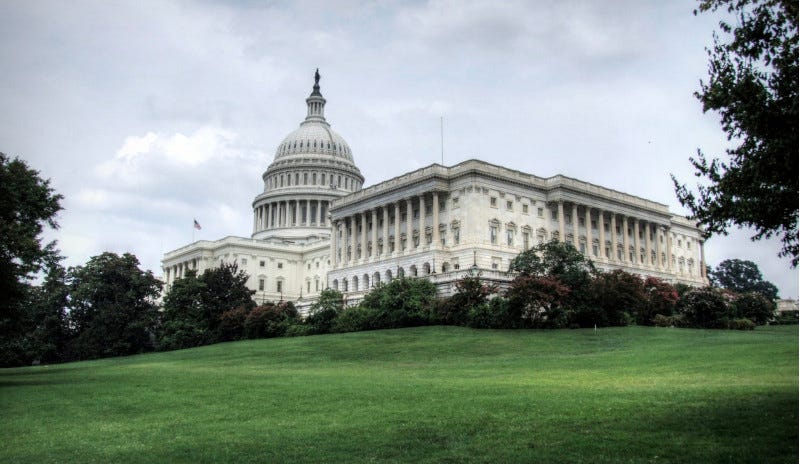Industry Calls for Extension of the FAA 'Learning Period' for Human Spaceflight
SpaceX, Blue Origin, Virgin Galactic Testify Before Senate Subcommittee
At a hearing Wednesday before the U.S. Senate Commerce Committee Subcommittee on Commerce, Science and Transportation, representatives from the three companies participating in human spaceflight all called for an extension of the human spaceflight 'learning period' that is set to expire on January 1, 2024.
“AST is simply not in a position to effectively …




